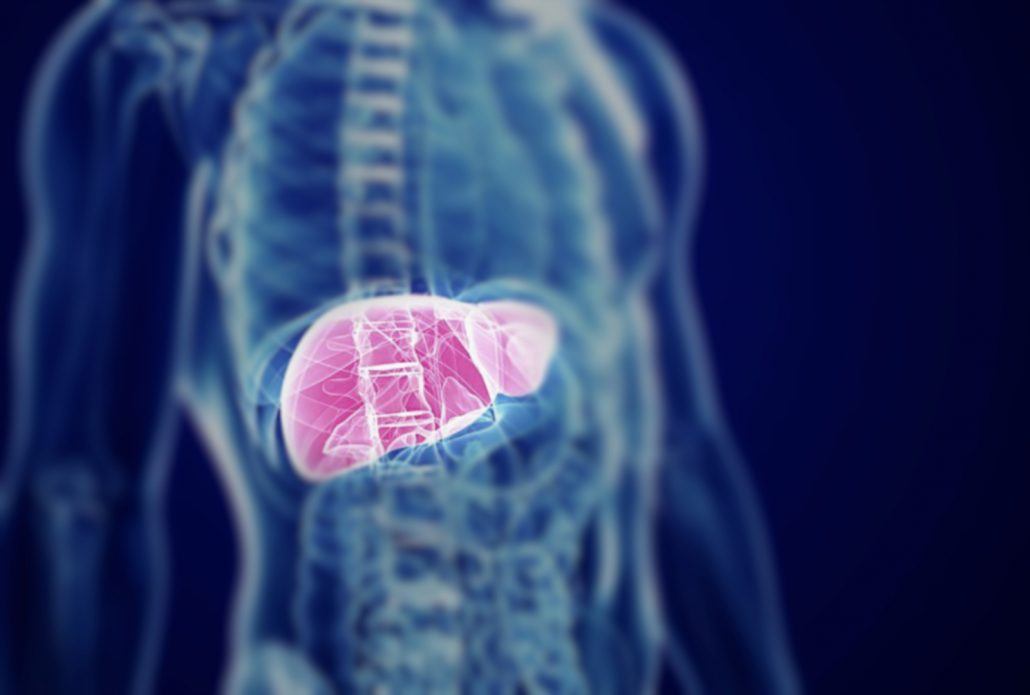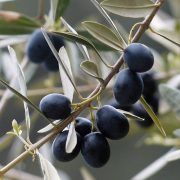Tag Archive for: essential nutrients
Higher omega-3 fatty acid intakes improve many aspects of liver health in individuals with non-alcoholic fatty liver disease.
Non-alcoholic fatty liver disease (NAFLD) involves the excess accumulation of liver fat in the absence of alcohol consumption. It is defined by the presence of fat in more than 5% of liver cells. NAFLD is now one of the most common liver diseases worldwide. In Western countries and some regions of China, the prevalence of NAFLD is 15–39%.
Progression of NAFLD is associated with many factors. Including insulin resistance, oxidative stress, obesity, type 2 diabetes, and cardiovascular disease. NAFLD is considered to be associated with an excess of omega-6 fatty acids and a deficiency of omega-3 fatty acids in the diet. Unchecked, NAFLD can lead to significant liver damage, cirrhosis and death.
A meta-analysis was published in Gastroenterology Research and Practice. The researchers selected ten randomized controlled studies. The studies were on the effects of omega-3 fatty acids on participants with NAFLD or non-alcoholic steatohepatitis (a more serious condition that can develop from NAFLD). The average dose of omega-3 was 2.85 grams per day, consumed for an average of 12 months.
Analysis of the trials revealed over three times the odds of improvement in liver fat levels in association with omega-3 intake in comparison to control subjects. It was also linked to greater reductions in the liver enzyme GGT (which is elevated in liver damage), and improvements in both high-density lipoprotein (HDL) and triglyceride levels when compared to control subjects.
Since there is presently no registered drug for the treatment of NAFLD, researchers stated that intake of omega-3 fatty acids may be a new treatment option for NAFLD.
Hydroxytyrosol is thought to be the main antioxidant compound in olive fruit, and it is believed to play a significant role in many of the health benefits attributed to olive oil. Previous research has linked the compound to cardiovascular benefits, typically reductions in LDL or “bad” cholesterol. Data has also suggested the compound may boost eye health and reduce the risk of macular degeneration.
Spanish researchers reported these results in the British Journal of Nutrition. Twenty-two healthy volunteers between 20 and 45 years of age and with a BMI between 18 and 33 kg/m2 were recruited. Volunteers were randomly assigned to receive 10 to 15 grams per day of hydroxytyrosol-enriched sunflower oil or non-enriched sunflower oil for three weeks. The former provided a daily hydroxytyrosol dose of between 45 and 50 mg. After the initial three week period, volunteers had two weeks of no intervention before crossing over to receive the other intervention.
Results showed no changes in total, LDL, or HDL-cholesterol between the groups. However, consumption of the hydroxytyrosol-enriched sunflower oil produced significant reductions in oxidized LDL from 79.8 units per liter at the start of the study to 64.1 U/l after three weeks, compared to an increase from 72.7 to 86.4 U/l during the control phase. Furthermore, the activity of arylesterase increased from 235.2 to 448.9 U/l during the hydroxytyrosol phase, compared with an increase from 204.1 to 310.3 U/l during the control phase.
The researchers reported that although hydroxytyrosol-enriched sunflower oil did not significantly reduce LDL-cholesterol or increase HDL-cholesterol, it acted as a functional food by increasing arylesterase activity and reducing oxidized LDL. Oxidized LDL is believed to be a major player in promoting atherosclerosis (the build-up of fatty plaques in arteries) and general cardiovascular disease. Based on these results, dietary sources of hydroxytyrosol appear to be capable of reducing certain risk factors associated with coronary artery disease.
Thanks for sharing! Entering your USANA ID number creates a unique URL, which allows you to receive credit on referrals.
Here’s how it works: When the link is clicked, a cookie (if allowed) is created. Shopping buttons on applicable product pages will appear to the referred user. A click on these buttons passes your referral information to USANA’s Shopping Cart, tying purchases made on cookie-containing devices to you for 30 days. In addition, if a person clicks on this unique URL and then later visits USANA.com and makes a purchase (within 30 days), you receive credit for the sale.
Enter your ID now for these enhanced features.






